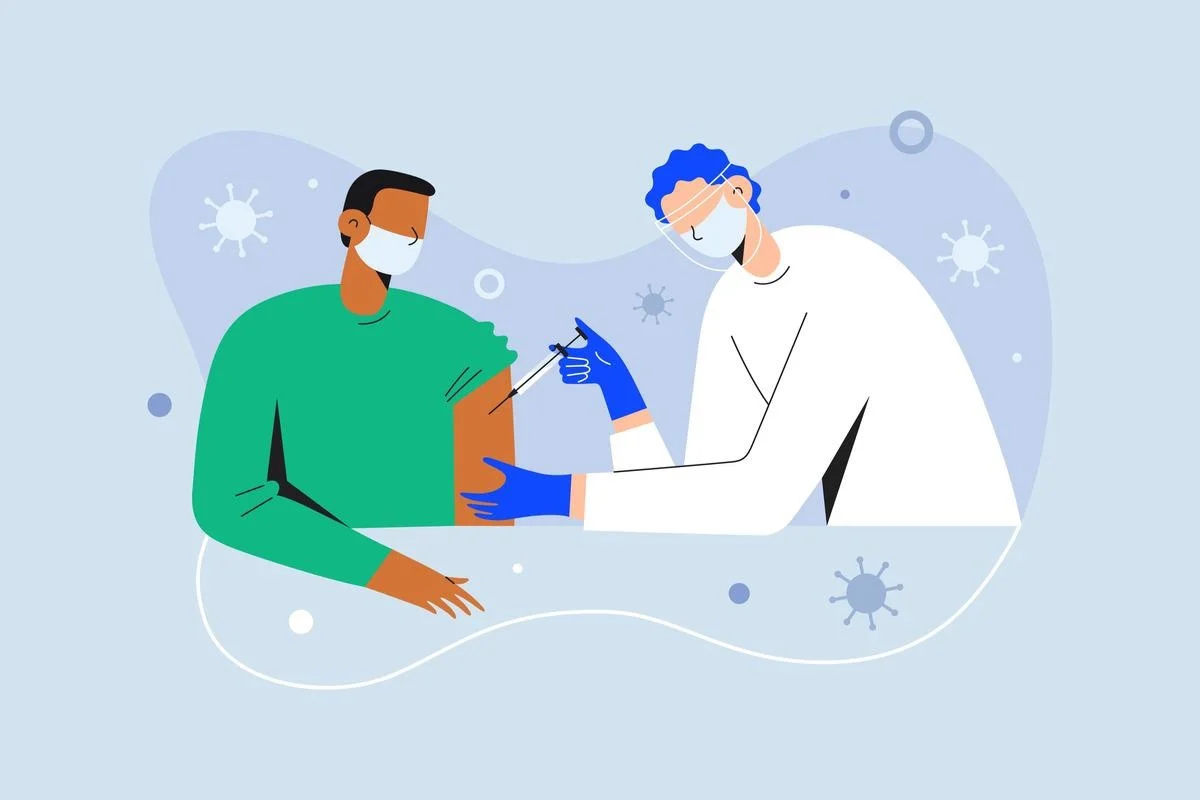Key Takeaways:
- Vaccinations are pivotal in preventing diseases and minimizing their spread.
- Different vaccine types are designed to foster immunity against various pathogens.
- Addressing vaccine myths is essential to maintain public trust and health safety.
- Rigorous safety regulations ensure the efficacy and safety of vaccines globally.
Table of Contents:
- Understanding the Basics of Vaccination
- How Vaccines Work
- Types of Vaccines
- The Role of Vaccines in Community Health
- Current Trends in Vaccination
- Safety and Regulation of Vaccines
- Preparing for a Vaccine Appointment
Vaccinations are a cornerstone of modern medicine, crucial in preventing numerous infectious diseases. Yet, understanding how vaccines work can be invaluable when making informed health decisions or considering options like Margate vaccines. Whether you’re a parent deciding for your child or an adult ensuring your health, this article provides comprehensive insights to empower those choices.
Vaccines not only protect individuals but also have the power to transform entire communities by significantly reducing the spread of infectious diseases. By effectively creating a shield of immunity, they contribute to a safer environment, indirectly protecting those who cannot be vaccinated, such as individuals with certain medical conditions or very young infants. Let’s explore vaccinations’ mechanisms, types, and broader impacts while dispelling common myths and highlighting current trends in this vital health domain.
Understanding the Basics of Vaccination
Vaccination is a fundamental component of disease prevention and a practical application of immunology. The process involves introducing harmless parts of a pathogen, including inactivated bacteria or viruses, to train the immune system without causing disease. It has led to numerous life-saving medical advances and effective public health protocols worldwide.
How Vaccines Work
Vaccines mimic infections, prompting the immune system to develop a memory of the pathogen. When vaccinated individuals are exposed to the actual disease-causing organism, their body’s immune system can recognize it and produce antibodies rapidly. This memory forms the basis of immunity, allowing the immune system to provide a fortified defense and either prevent the disease entirely or significantly reduce its severity. Thus, vaccination is a critical component of disease control and prevention.
Types of Vaccines
Different diseases require different types of vaccines to create an effective immune response. Below are the main categories:
- Live-attenuated vaccines: Employ a weakened germ form to teach the immune system while keeping the person from falling ill.
- Inactivated vaccines Consist of killed pathogen particles, offering a robust yet safe immune challenge.
- Subunit, recombinant, polysaccharide, and conjugate vaccines: Utilize only essential parts of the germ to stimulate the immune system without the risk of infection.
- mRNA vaccines: The latest vaccine technology uses messenger RNA to instruct cells to produce a protein that triggers an immune response.
Each type is tailored to specific pathogens, helping combat diseases like influenza and hepatitis, thus elevating public health standards significantly.
The Role of Vaccines in Community Health
Vaccines offer extensive benefits beyond personal immunity, contributing to the broader concept of herd immunity. When a large portion of a population is vaccinated, contagious pathogens have fewer opportunities to spread. This communal immunity is vital in protecting society’s most vulnerable members, including those for whom vaccination is not feasible. Thus, widespread vaccination efforts are not only a matter of personal health but also a civic responsibility.
Current Trends in Vaccination
Strides in vaccine technology continue to revolutionize healthcare. The emergence of mRNA vaccines and expedited developments during the COVID-19 pandemic showcase the rapid advancement within this field. Such innovation opens the possibility for future vaccines targeting prevalent or previously challenging diseases, such as cancer, thus offering hope for eradicating more illnesses globally.
Safety and Regulation of Vaccines
Vaccines are subject to stringent testing processes that include multiple phases of clinical trials, ensuring they meet safety and efficacy standards before approval. Regulators worldwide continuously monitor vaccines to identify rare adverse events, ensuring ongoing safety. Such rigorous oversight maintains health standards, assures public confidence, and sustains the integrity of vaccination programs worldwide.
Preparing for a Vaccine Appointment
Preparing for a vaccine appointment involves several steps to ensure a smooth experience. Discussing any concerns with healthcare providers to confirm you’re fit for the vaccine and understand the associated information is beneficial. Familiarizing oneself with what to expect pre- and post-vaccination can alleviate worries, providing peace of mind and confidence in receiving essential health protections.
It’s also a good idea to stay hydrated and eat a balanced meal beforehand, which can help you feel more comfortable during the appointment. Arriving a few minutes early allows time to check in and fill out necessary forms without feeling rushed. Bringing a government-issued ID and your insurance card, if applicable, can make the check-in process faster and smoother. After receiving the vaccine, plan to stay on-site for a short observation period to monitor for immediate reactions. Lastly, scheduling a follow-up or setting reminders for additional doses ensures you complete the vaccination series for optimal protection.



